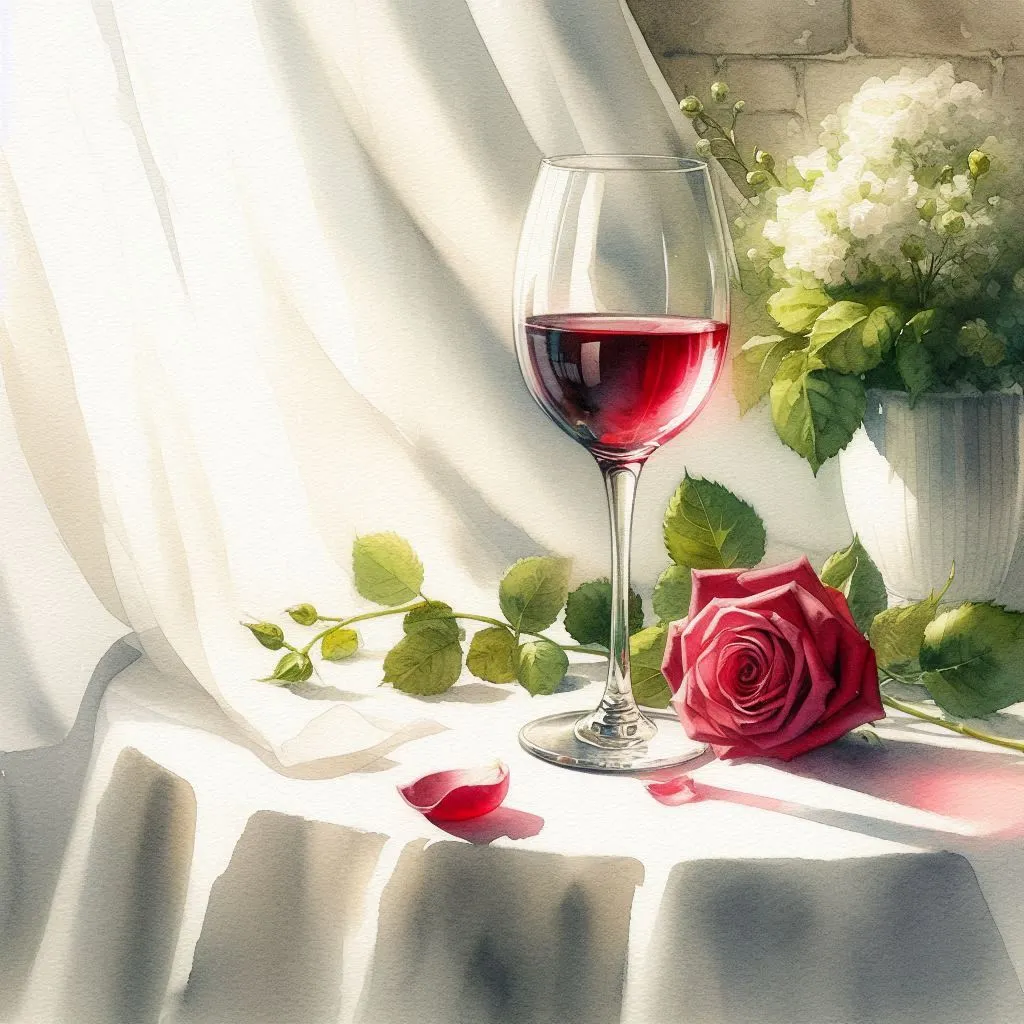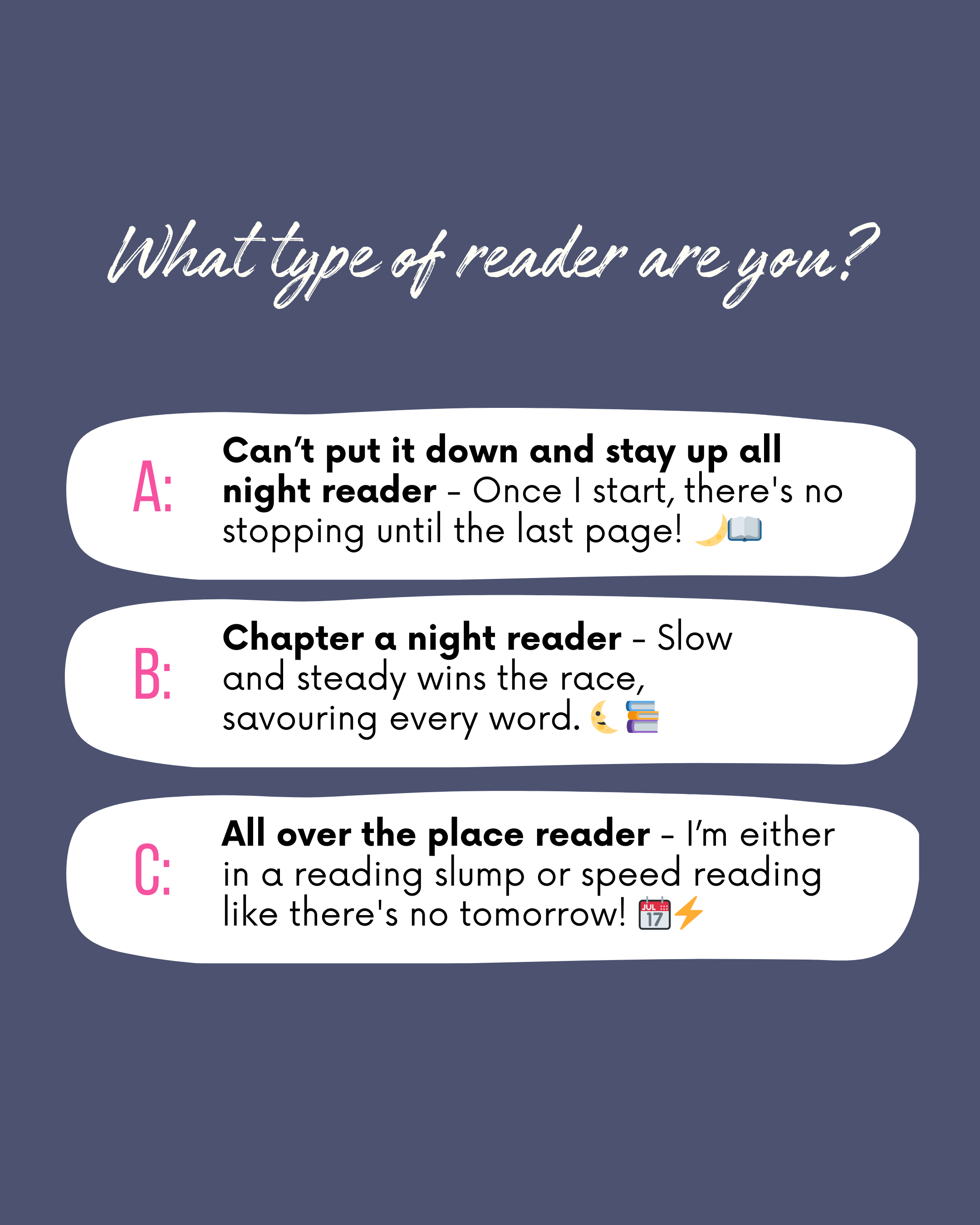
Welcome #21 of Things in Scots!?a fun collaboration with my husband, Jez (Mind an gie Jez?s festive post a keek.)
For many religions, it?s the time of year for major festivities. And today?s word has one meaning in English and another in Scots. Though, they both mark the same time on the calendar. I?m not going to go too deep into why, other than to say that it could be down to making it easier to convert Pagans, etc., to Christianity.
Today?s Things in Scots is: Yule.
Let?s start with what Yule is in English. Yule is a celebration that begins on the Winter Solstice and lasts twelve days?this remind you of a song? It?s celebrated by Pagans and Wiccans (if you know of more, let me know).
In Scots, Yule (also Yuil, Y?l, ?ule?pre-1700s) means Christmas: the day itself, and the festive season associated with it. According to the Annals Banff, the ?school Yule holidays were allowed from 21 December to 11 January? in 1704. The holiday was for twelve days, starting on the Winter Solstice, which landed on 21 December in 1704. (Yip, I looked it up.)
Interestingly, Scotland had a ban on celebrating Christmas for about 400 years. It wasn?t until 1958 that the ban was lifted, and celebrations didn?t really take until the 1960s. Check out this article from Undiscovered Scotland for more history on the holiday in Scotland.
Here?s an example of Yule in use:
A Blithe Yule to aa o yees fae the baith o uz.
In Inglis: A joyous festive season to all of you from both of us.
Remember to check out Jez’s post for his beautiful pictures of Yule in Glasgow.
If you want to ken the Scots for anything, just ask in the comments section.
Thenks fur stoapin by, and whether you’re celebratin the hoalidays or it’s jist a stanert Wadensday fur ye, hae a wunnerfu day.
Things in Scots ? Post History
Image by me. ?




Leave a comment below–I'd love to hear from you!